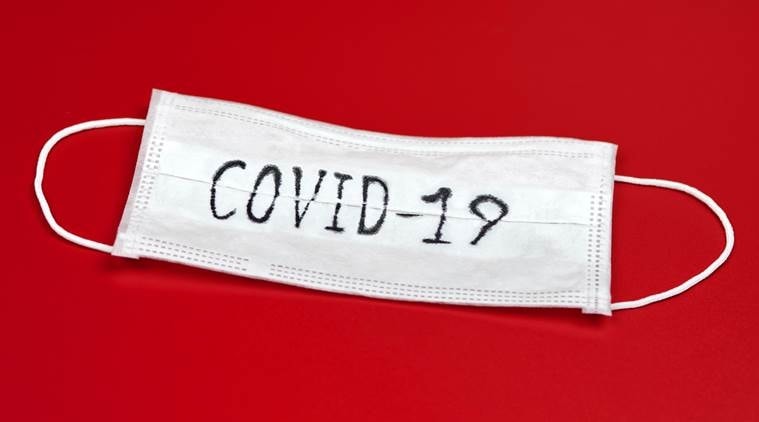Here is all you need to know about the infectious respiratory disease that has affected more than 200 countries.

The novel coronavirus responsible for a pneumonia-like illness has killed over 30,000 people and infected over six lakh in over 200 countries so far, according to the World Health Organization (WHO). As the specific mode of transmission of the virus is yet not clear, the best way to prevent is to avoid being exposed to it.
Here’s all you need to know about the COVID-19:
Origin
As a specific family of viruses, coronavirus or COVID-19, which is said to have first originated in China’s Wuhan, was declared a pandemic on March 11 by WHO. As per Ministry of Health and Family Welfare, the infection may have started from an animal source but spreads through human to human contact. As per WHO, the virus that causes COVID-19 and the one that caused the outbreak of Severe Acute Respiratory Syndrome (SARS) in 2003 are related to each other genetically, but the diseases they cause are quite different. SARS was more deadly but much less infectious than COVID-19. There have been no outbreaks of SARS anywhere in the world since 2003.
Symptoms and how does it spread?
Two tests are ordinarily done before pronouncing a person as coronavirus-positive.
In the first stage, a nasal or throat swab is tested for the presence of the virus — to detect the “viral load”. Strands of genetic material (for the novel coronavirus it is RNA) are isolated through a process called Polymerase Chain Reaction (PCR). This test can happen at any of the labs in the chart alongside.
In the next stage, the identity of the virus is confirmed through genome sequencing. This test is available only at the National Institute of Virology, Pune. The test was developed almost overnight after the identity of the novel coronavirus was revealed in December last year.
Is re-infection after recovery possible?
It is a key question that has no definite answer as of now. There are a handful of cases where “re-infection” in recovered patients has happened. But most scientists believe those are more likely to have been relapses. A patient may feel better and test negative for the virus in their nose and throat, while the virus may have remained somewhere else in their body. While antibodies are given to patients, there is no conclusive evidence of how long the antibodies last to prevent re-infection.
? The Indian Express is now on Telegram. Click here to join our channel (@indianexpress) and stay updated with the latest headlines
For all the latest Lifestyle News, download Indian Express App.
Source: Read Full Article


